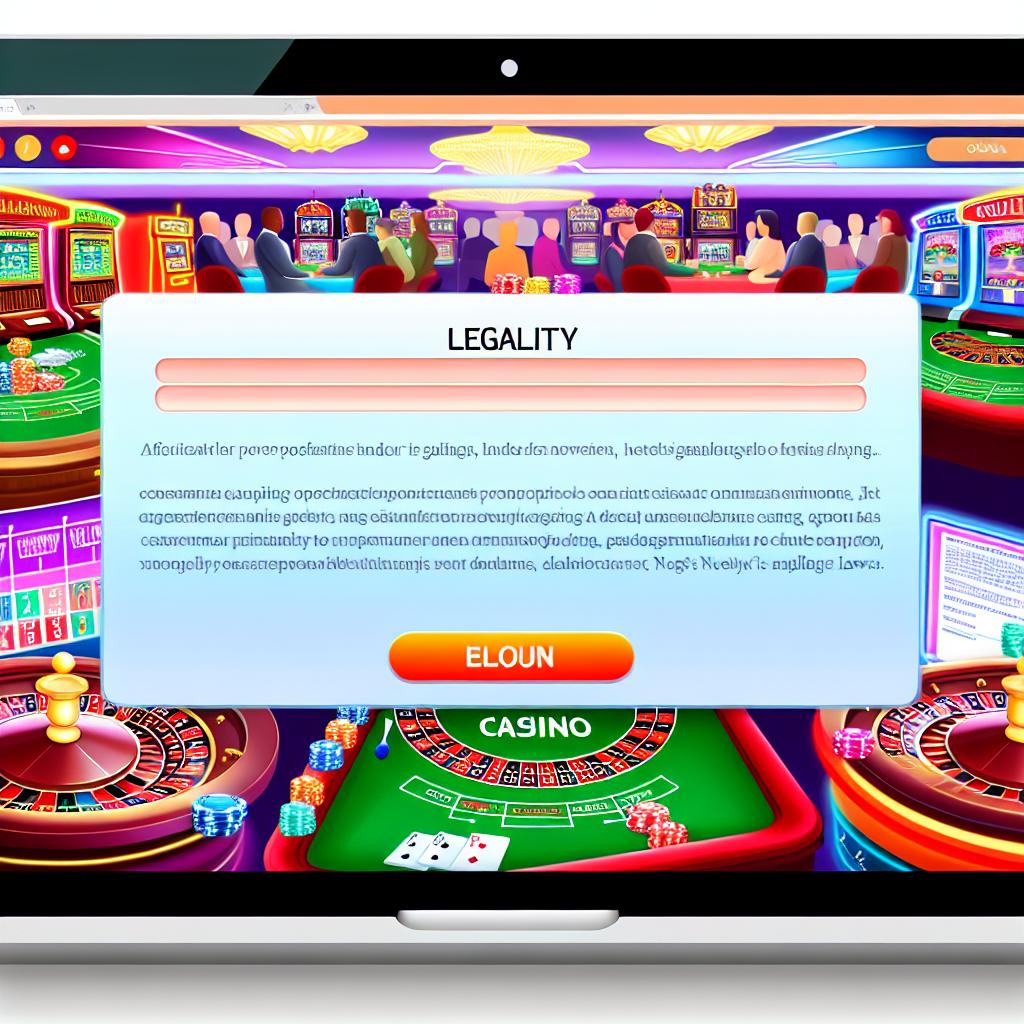
The legal status of online casinos in New York is a multifaceted issue, involving a combination of federal regulations, state-specific laws, and evolving legal interpretations. Understanding these dimensions is essential for anyone interested in the state’s online gambling landscape, as they set the framework for both current operations and potential future developments.
When examining the legality of online casinos across the United States, federal laws set a significant foundation. One of the key pieces of legislation at this level is the Unlawful Internet Gambling Enforcement Act of 2006 (UIGEA). This act does not make online gambling a criminal offense. Instead, it addresses the financial side of transactions related to gambling. Essentially, it restricts how banks and payment processors handle transactions related to online gambling activities. The UIGEA targets the economic supply chain that supports online gambling, making it challenging for unauthorized gambling entities to operate by limiting their access to financial services. Thus, while the federal government has set boundaries, it has left room for states to navigate their own paths.
At the state level, New York has specific legislation governing gambling activities. As of today, online casinos are not yet legally permitted under New York state law. However, the state has taken steps to legalize certain forms of online gambling. Notably, it has authorized online sports betting and Daily Fantasy Sports (DFS). New York’s journey into online gambling began in earnest in 2013 when it legalized in-person sports betting at commercial casinos, which has incrementally expanded to include some online offerings. The state remains cautious and methodical in its approach, contemplating broader legalization measures.
The question of legalizing online casinos in New York is a topic of ongoing discussion among legislators and stakeholders. The increased interest and legislative exploration suggest that changes could be on the horizon. Any decision to authorize online casinos will not occur in a vacuum; it will involve comprehensive evaluations to anticipate economic advantages and social ramifications. Lawmakers must consider the potential benefits, such as increased state revenue, and weigh them against concerns, including potential addiction and social displacement issues.
New York’s experience with legalizing online sports betting offers a lens through which future online casino legislation might be viewed. The state’s venture into online sports betting has proven to be a lucrative endeavor. According to various reports, there have been significant gains in revenue from online sports betting activities. This success provides a compelling argument for considering the expansion into online casino gaming. The ability to generate substantial revenue from regulated online gambling activities may incentivize lawmakers to push forward with legalizing online casino platforms as a structured and beneficial extension of this venture.
Residents of New York, although not able to partake in fully legalized online casino games, have access to other forms of legal online gambling. They can participate legally in online sports betting and DFS contests due to state-recognized frameworks. Additionally, geographical proximity to Atlantic City, New Jersey, provides New Yorkers with a loophole. New Jersey allows online casino games, which residents of New York can access. These Atlantic City operations are in full compliance with New Jersey’s gambling laws but remain accessible to New York residents, thus offering a legal although indirect, alternative until New York potentially enacts its own online casino legislation.
The legal landscape surrounding online casinos in New York is, without question, one that is seeing gradual shifts and continuing discussions. Efforts towards the legalization of online casino gaming have not culminated in full legislation yet; however, the path adopted for online sports betting provides glimpses into a future where more extensive legalization could occur. Those interested in online gambling have avenues available through legally sanctioned sports betting and DFS. The legal situation is dynamic, and staying informed of legislative developments is advisable for anyone invested in this sector. As state lawmakers deliberate, changes could redefine how online gambling is perceived and operated in New York, potentially creating a more open and regulated market.